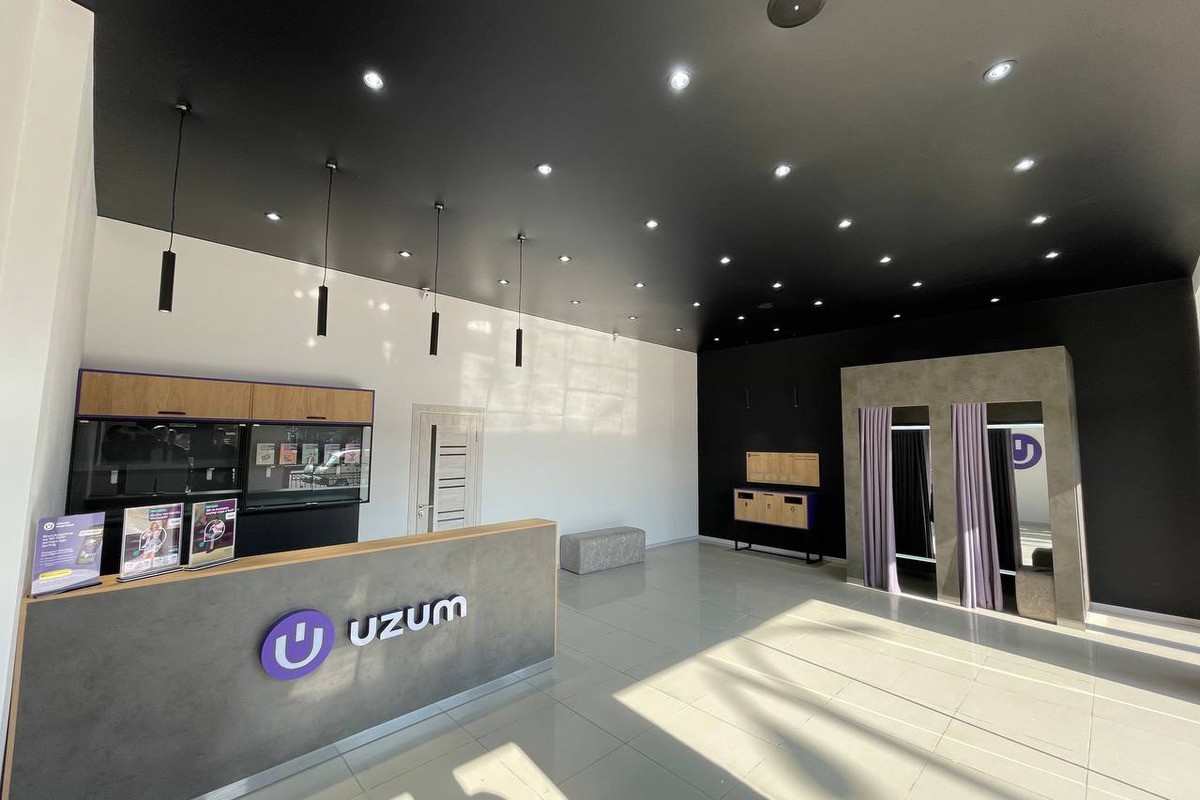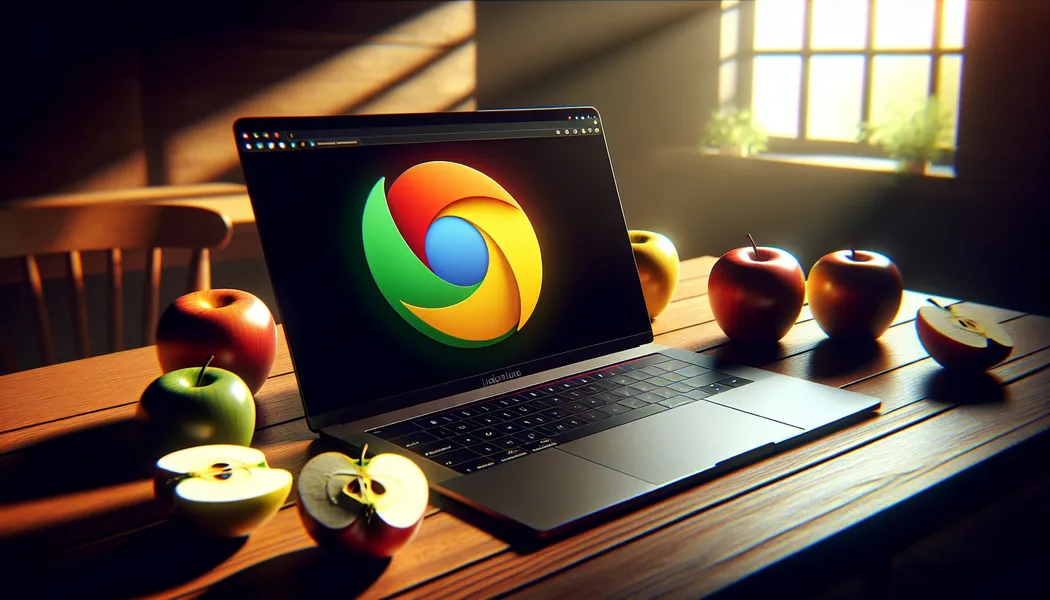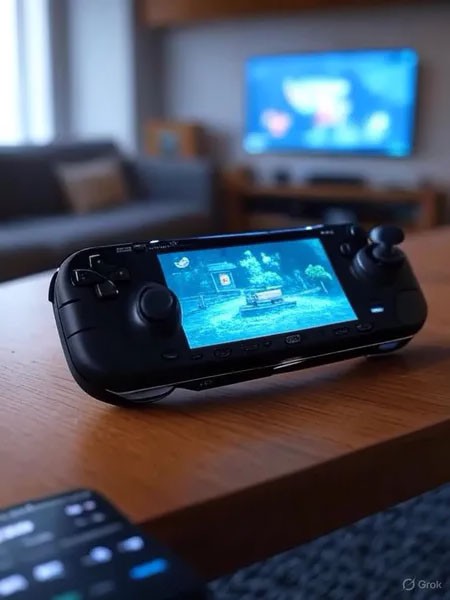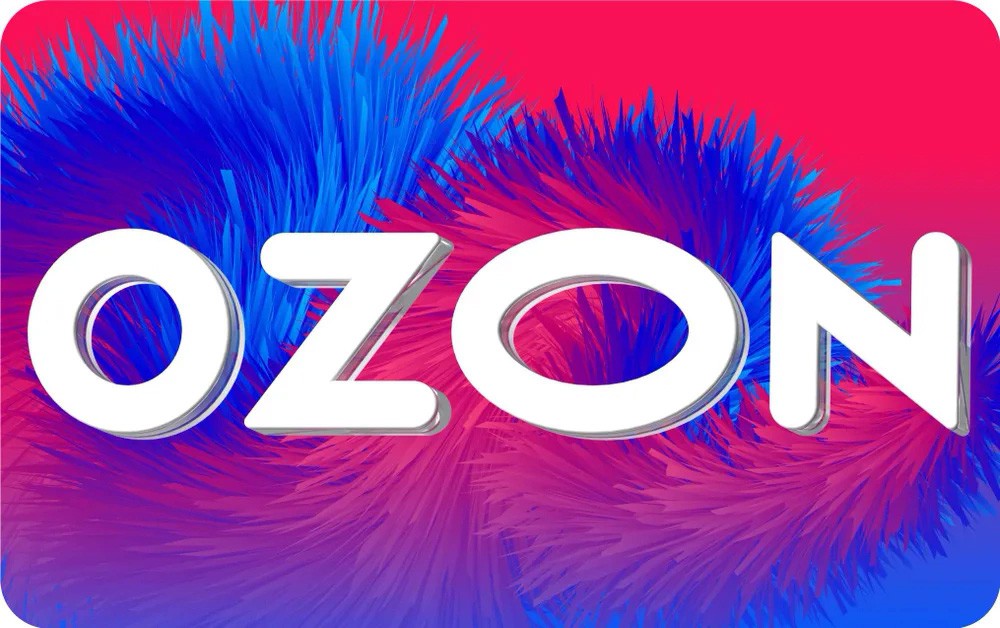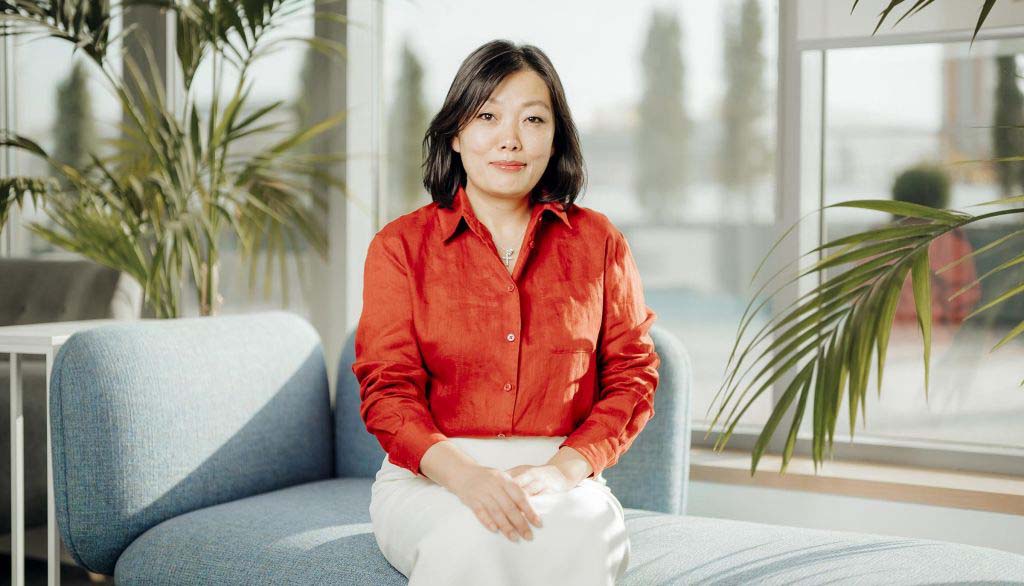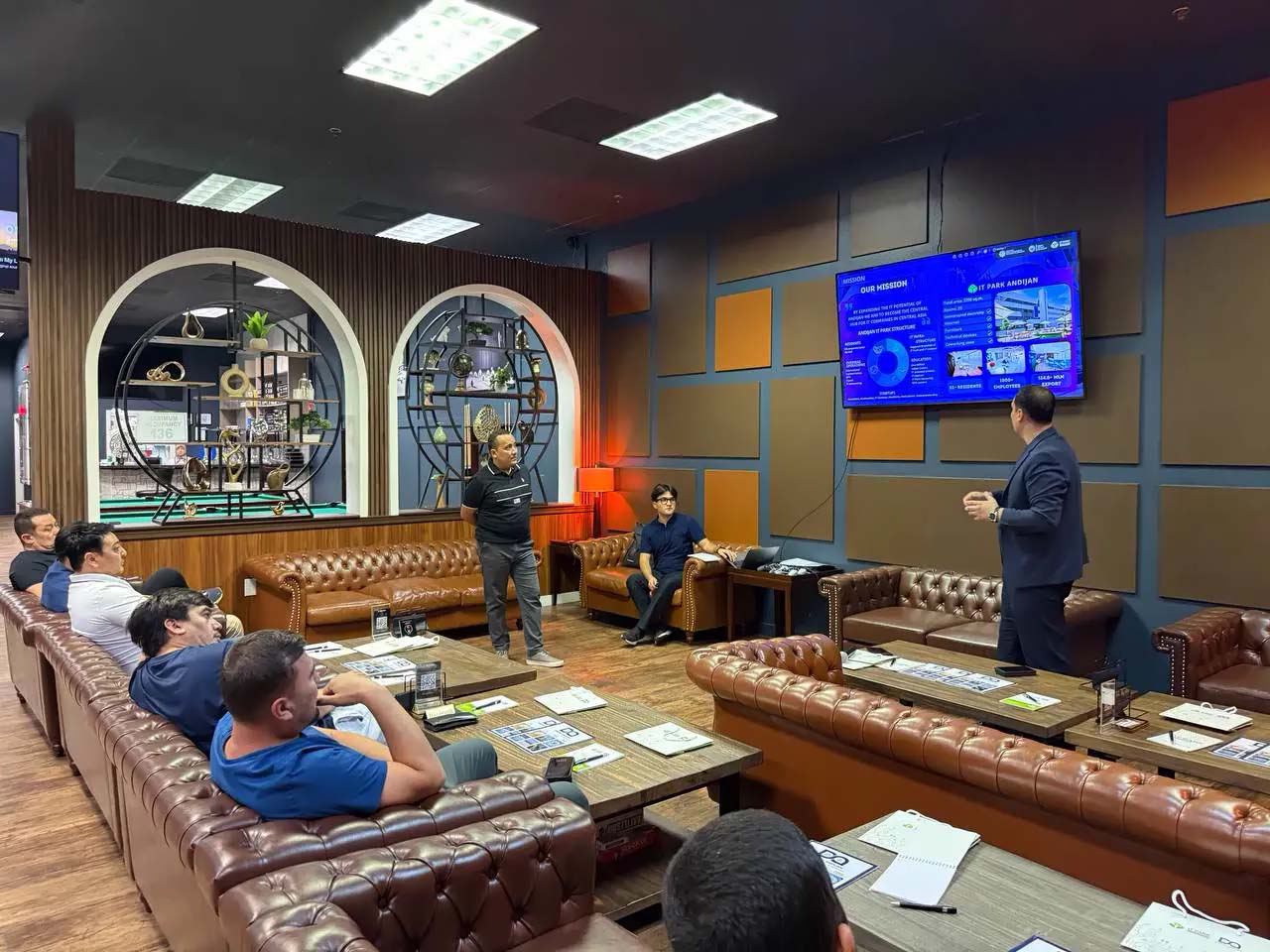Google has announced a strategic move to integrate Android and ChromeOS, marking the beginning of a new era in the company's software ecosystem. Combining mobile and desktop operating systems aims to create a seamless user experience, similar to what Apple has been implementing for many years as part of its iPhone, MacBook, and Apple Watch ecosystem.
As it became known, the development is already in an active stage. The concept is based on the principle of a single platform, on which applications, data and user scenarios will smoothly move between smartphones, tablets, laptops and, in the future, XR devices. Combining Android and ChromeOS has long been the subject of Google's internal development, and today the project has received official confirmation from the leadership of the ecosystem direction.
Functional compatibility between the two operating systems is not new: ChromeOS supports Android apps since 2016, many of which are adapted to work in windowed mode. The latest Android 16 updates include a desktop-like interface that resembles Samsung's DeX, signaling deeper integration is coming.
It is expected that the key stage in this process will be the release of Android XR devices, which are a hybrid of smartphones and virtual reality headsets. These products will become a test platform for implementing a unified interface and interaction between devices in real time. Against this background, the combination of Android and ChromeOS looks like preparation for a new generation of ecosystem, in which the user does not need to think about the difference between devices and platforms.
Along with platform integration, Google also continues to optimize support for its services. In particular, it announced the end of support for macOS 11 Big Sur in the Chrome browser starting with version Chrome 139, which is expected to be released on July 30, 2025. The company explains this by the decision of Apple, which stopped updating the system in November 2023. Although the browser will continue to run on an outdated OS, security updates and new features will no longer be available. Chrome 139 is also dropping support for Android 8.0 Oreo and Android 9.0 Pie, underscoring Google's push to move to more up-to-date versions of the platforms.
Such an update to Google's technology course speaks to a long-term bet on unified digital ecosystems, in which the boundaries between devices are blurred, and user experience becomes the main criterion for competitiveness.

